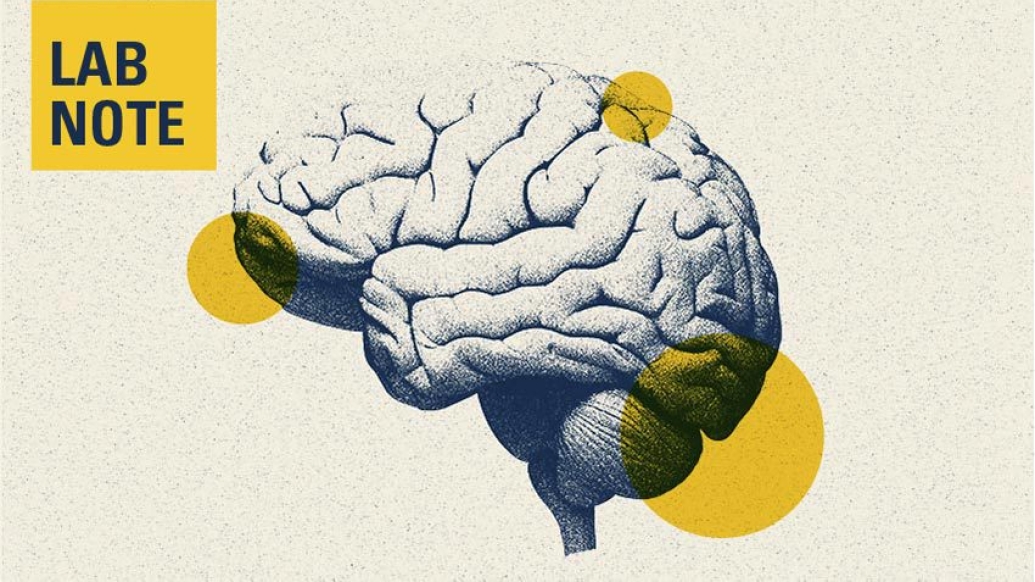A new study compares two popular forms of cognitive training that people often use to improve learning and memory.
9:44 AM
Author |

What's the best way to improve your memory as you age? Turns out, it depends, a study suggests. But your fourth-grade math teacher may have been onto something with that phrase to help you remember how to work out a complicated problem: Please Excuse My Dear Aunt Sally.
A study led by researchers from the University of Michigan and Penn State College of Medicine compared two approaches for people with an early form of memory loss.
The two are mnemonic strategy training, which aims to connect what someone is trying to remember to something else like a word, phrase or song (such as the Dear Aunt Sally mnemonic), and spaced retrieval training, which gradually increases the amount of time between tests of remembering something.
People with mild cognitive impairment, which can but does not always lead to a later Alzheimer's disease diagnosis, were better able to remember information when using one of these cognitive training approaches. However, the data, and brain scans that revealed which areas of the brain were more active, showed each activity works differently.
"Our research shows that we can help people with mild cognitive impairment improve the amount of information they learn and remember; however, different cognitive training approaches engage the brain in distinct ways," said lead and corresponding author Benjamin Hampstead, Ph.D. Hampstead is a professor of psychiatry at Michigan Medicine and the VA Ann Arbor Healthcare System. He directs the Research Program on Cognition and Neuromodulation Based Interventions and leads the Clinical Core and co-leads the Neuroimaging Core at the federally funded Michigan Alzheimer's Disease Research Center.
"Mnemonic strategy training increased activity in brain areas often affected by Alzheimer's disease, which likely explains why this training approach helped participants remember more information and for longer," Hampstead said "In contrast, those completing rehearsal-based training showed reduced brain activity, which suggests they were processing the information more efficiently."
Hampstead and his team worked with Krish Sathian, MBBS, Ph.D., professor and chair of Penn State's Department of Neurology and director of Penn State Neuroscience Institute. Sathian notes that cognitive training approaches are likely to become increasingly important in synergy with the new pharmacological treatments on the horizon for those with neurodegenerative disorders.
Moving forward, Hampstead says researchers and clinicians can use this type of information to help identify the best-fit non-pharmacologic treatments for their patients with memory impairment.
Additional authors include Anthony Y. Stringer, Ph.D. of Emory University, and U-M team members Alexandru D. Iordan, Ph.D. and Rob Ploutz-Snyder, Ph.D.
Funding for the study was provided by the National Institute on Aging (AG072262, AG025688) and the Veterans Health Administration ((IRX001534 and B6366W).
Paper cited: "Towards rational use of cognitive training in those with mild cognitive impairment," Alzheimer's & Dementia: The Journal of the Alzheimer's Association. DOI: 10.1002/alz.12718

Explore a variety of healthcare news & stories by visiting the Health Lab home page for more articles.

Department of Communication at Michigan Medicine
Want top health & research news weekly? Sign up for Health Lab’s newsletters today!





